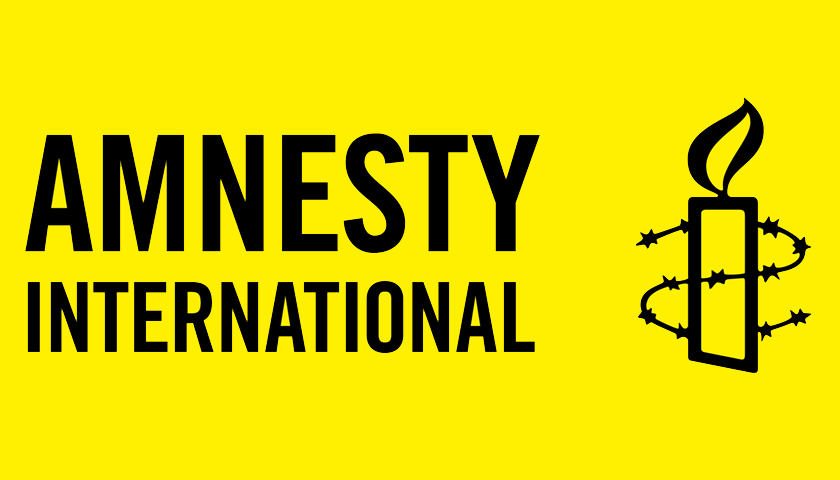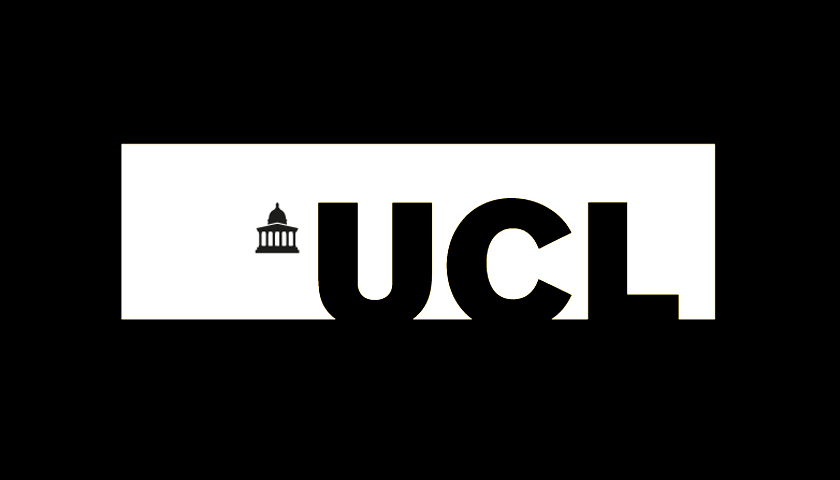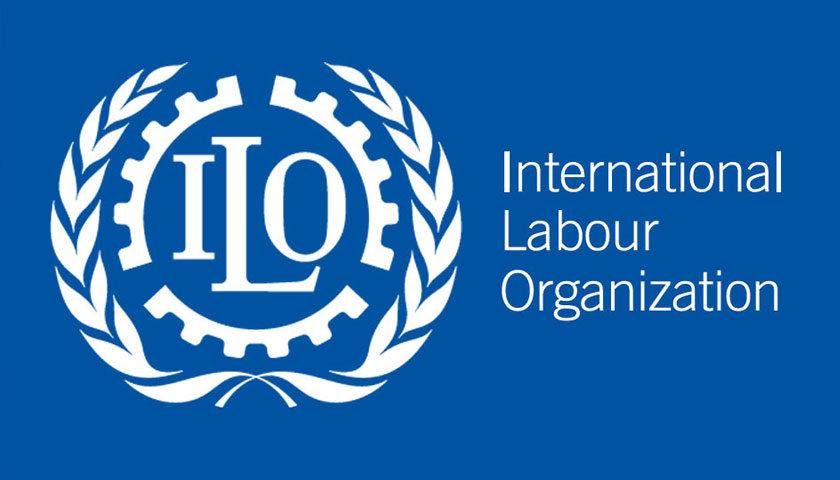Climate change leads as one of the most important issues of facing the world, according to a major new survey of young people around the world, published by Amnesty International to mark Human Rights Day (10 December).
With the findings published as governments meet in Spain for the UN Climate Change Conference, the organisation warns that world leaders’ failure to address the climate change crisis has left them out of step with young people.
Amnesty International’s online poll – conducted by Ipsos MORI – questioned more than 10,000 people aged 18-25-year olds in 22 countries. Respondents were asked to pick up to five issues from a list of 23 major issues facing the world. In total, 41% of respondents said climate change was one of the most important issues facing the world – making it the most commonly cited globally – followed by 36% who chose pollution and 31% who selected terrorism.
Kumi Naidoo, Secretary General of Amnesty International, will present the research findings at a press conference during COP25 on Monday 9 December, and argue that young people are living within a “failed system” because of the social and economic insecurities governments have created.
Kumi Naidoo, Secretary General of Amnesty International, said:
“In this year when young people mobilised in huge numbers for the climate, it can be no surprise that many of those surveyed saw it as the most important issue facing the world.
“For young people the climate crisis is one of the defining challenges of their age. This is a wake-up call to world leaders that they must take far more decisive action to tackle the climate emergency or risk betraying younger generations further.”
Generation Z “living inside a failed system”
The survey asked 18-25-year-olds – also known as Generation Z – their opinions on the current state of human rights in their country and the world, and who they feel is responsible for addressing human rights abuses.
Across the 22 countries, at a national level corruption was most commonly cited as the biggest issue (36%), followed by pollution (26%), economic instability (26%), income inequality (25%), climate change (22%) and violence against women (21%).
The survey’s findings come at a time of widespread mass protests around the world, from Algeria to Chile, Lebanon, Iraq, Hong Kong and Sudan. Many of these movements have been largely led by young people and students, who have angrily called out corruption, inequality, and abuse of power and faced violent repression for doing so.
Kumi Naidoo said:
“This generation lives in a world of widening inequality, economic instability and austerity, where vast numbers of people have been left behind. Faced with all this, the message from young people is clear. We are living inside a failed system.”
70% of UK youth think human rights are fundamental to the future of the country
The survey also reveals attitudes of young people in the UK where70% of young people surveyed in the UK agreed that human rights are fundamental to the future of the country.
In the UK, 34% of young people said a lack of housing is one of the most important issues facing the country, making it the most commonly cited issue. Violent crime (32%) and climate change (29%) also ranked highly.*
Voting in elections came out as the most effective way to initiate human rights change amongst UK respondents, with 69% saying it is an effective method, making it the most commonly cited response. Going on strike (62%) and donating to a human rights charity (62%) also ranked highly, whilst writing to a politician (39%) ranked the lowest.
Ahead of the UK General Election, Amnesty is calling on the next UK Government to prioritise human rights.
Kate Allen, Director of Amnesty UK, said:
“Young people in the UK clearly feel that human rights are fundamental to the fabric of our society and that the government must protect and uphold them.
“It’s clear too that young people are determined to change things for the better. This is not a complacent generation.
“Generation Z believe strongly in the power of voting to effect change and in two days they’ll have the opportunity to exercise their democratic right and vote for what they believe in.”
This year, Amnesty International UK launched ‘Rise Up’, a youth activism training programme to equip young campaigners with the skills, knowledge and confidence they need to develop their own campaigns and drive change. The year-long programme, supported by the Co-operative Bank, aims to address significant barriers to participation in campaigning for young human rights defenders in the UK.
Lucy Sutton, aged 18 from London is one the participants in Amnesty’s ‘Rise Up’, she said:
“The climate crisis is having a very real and devastating impact on the lives of young people around the world.
“We are the last generation with the chance to stop the total destruction of our planet. Our lives, hopes and dreams have been put on hold to deal with a mess we did not create.
“Around the world, governments have been too slow to act and too slow to care and it is our generation that has been left to pick up the pieces and face this looming tragedy.”



